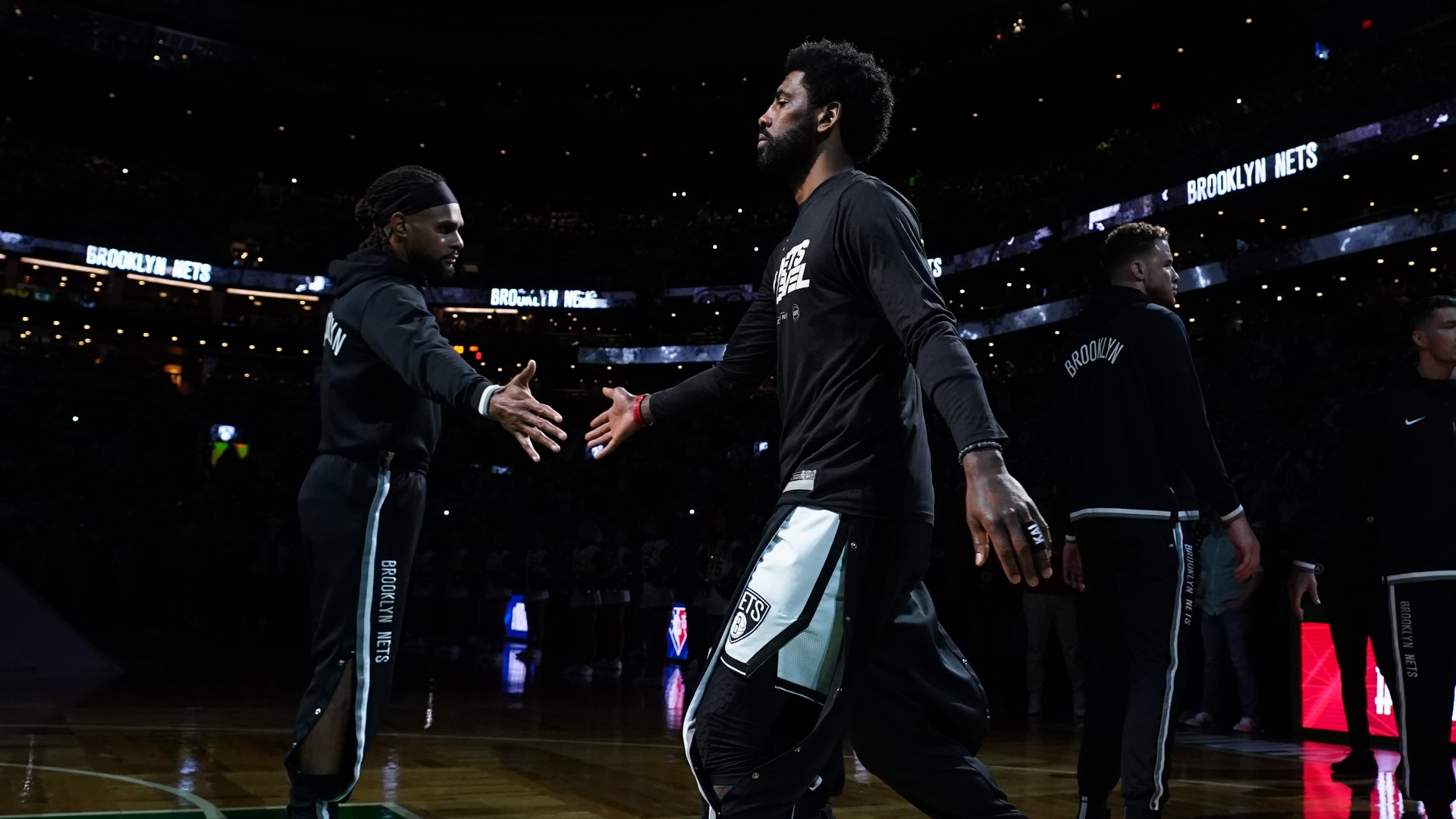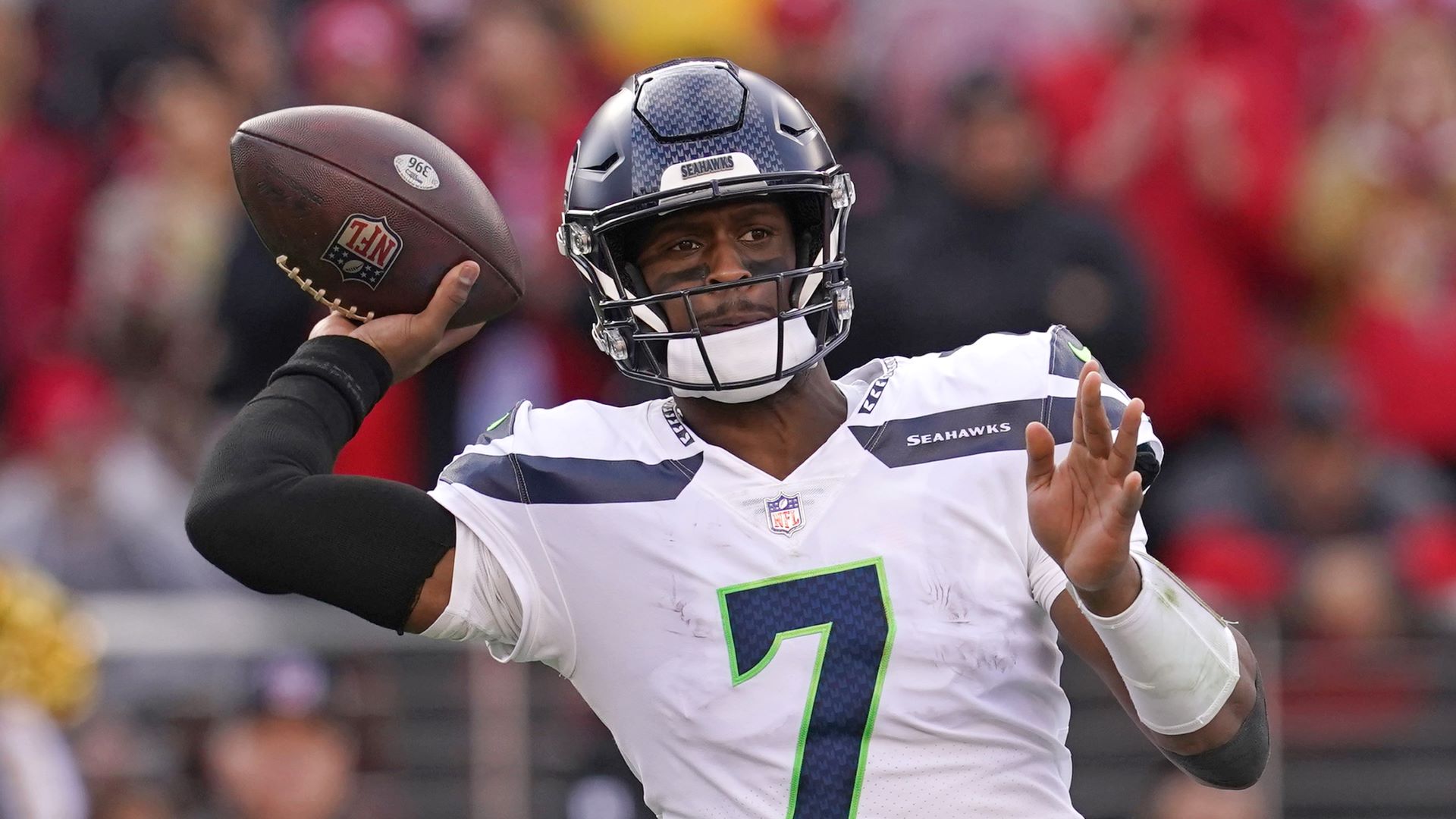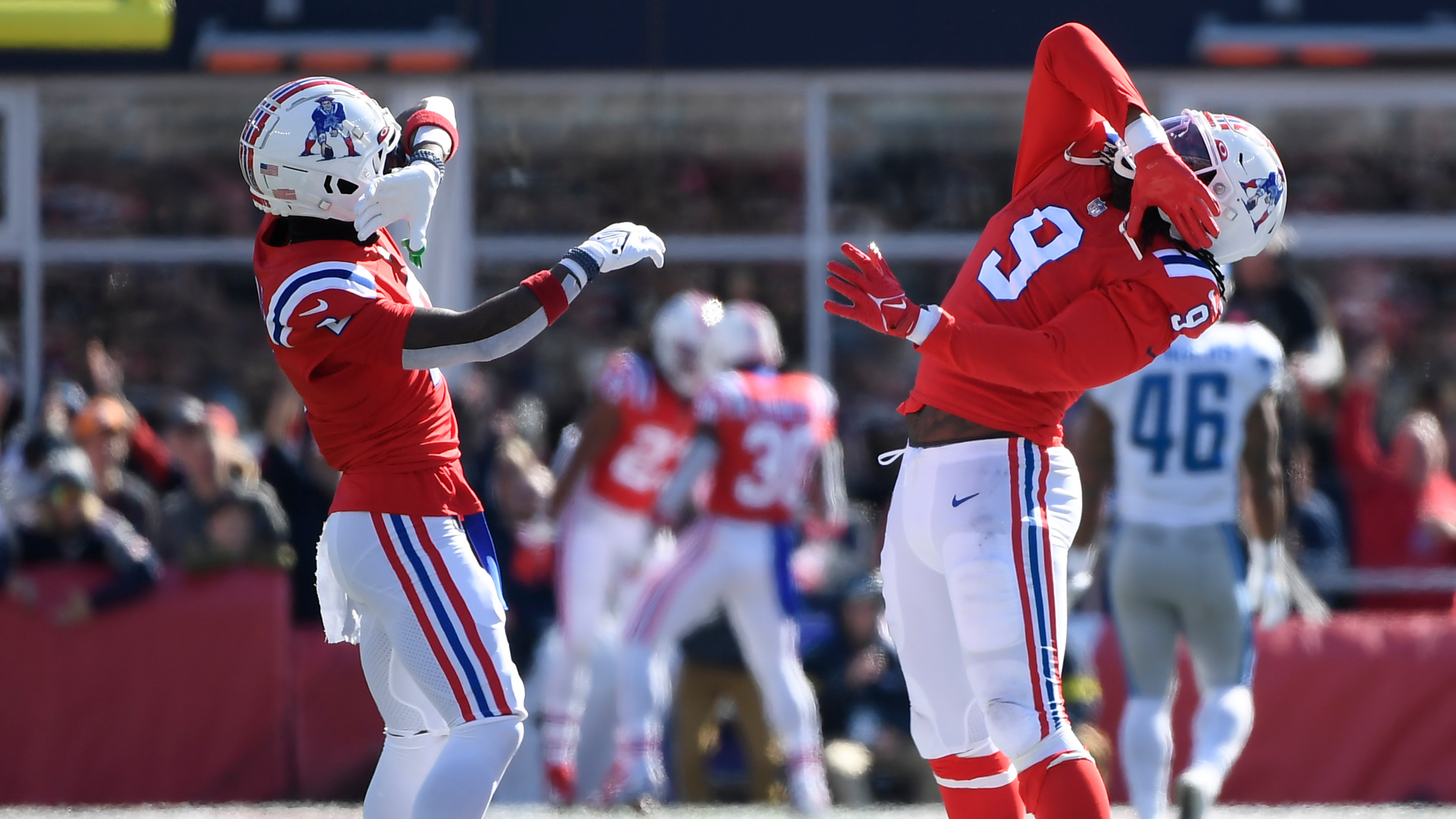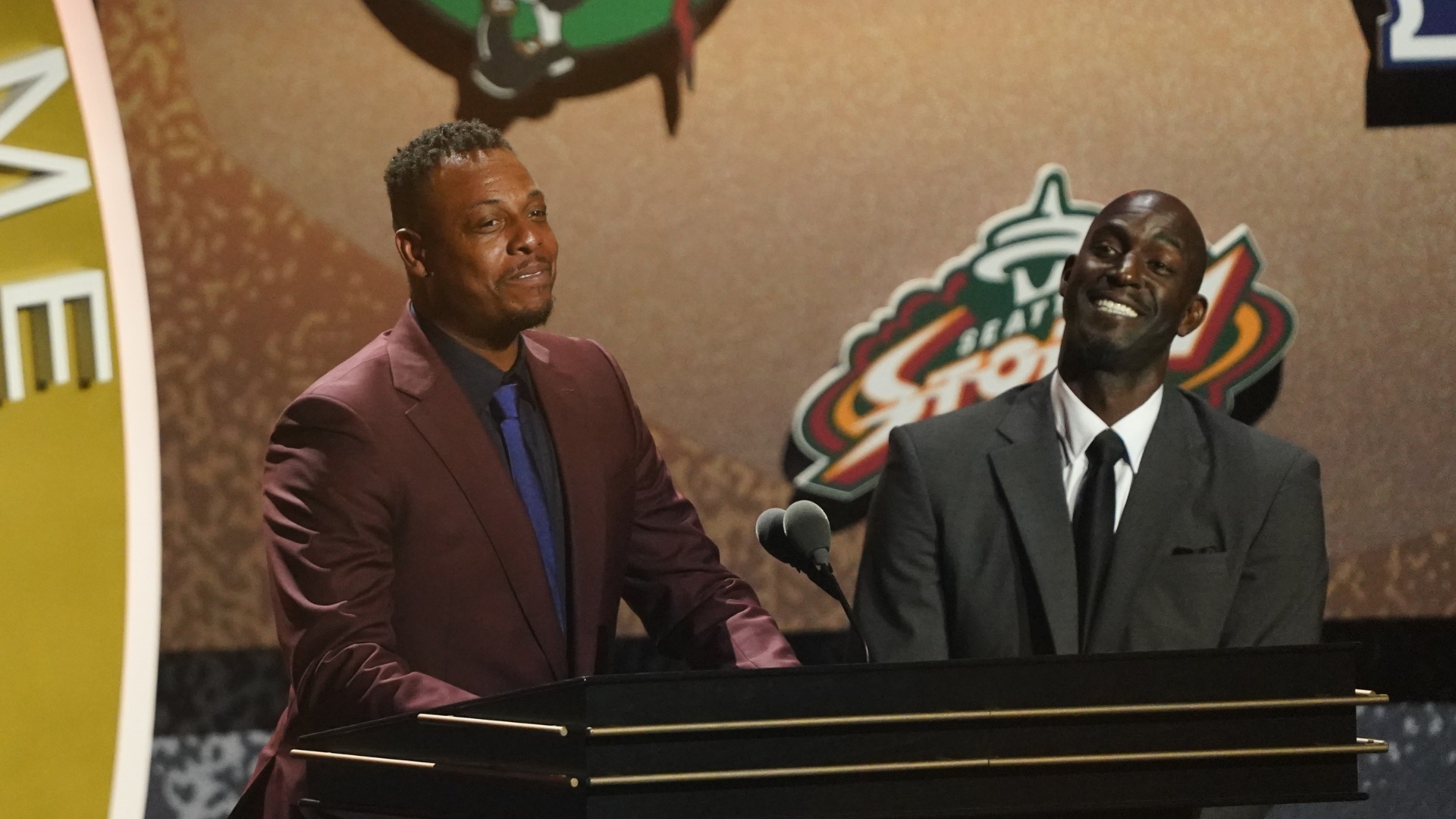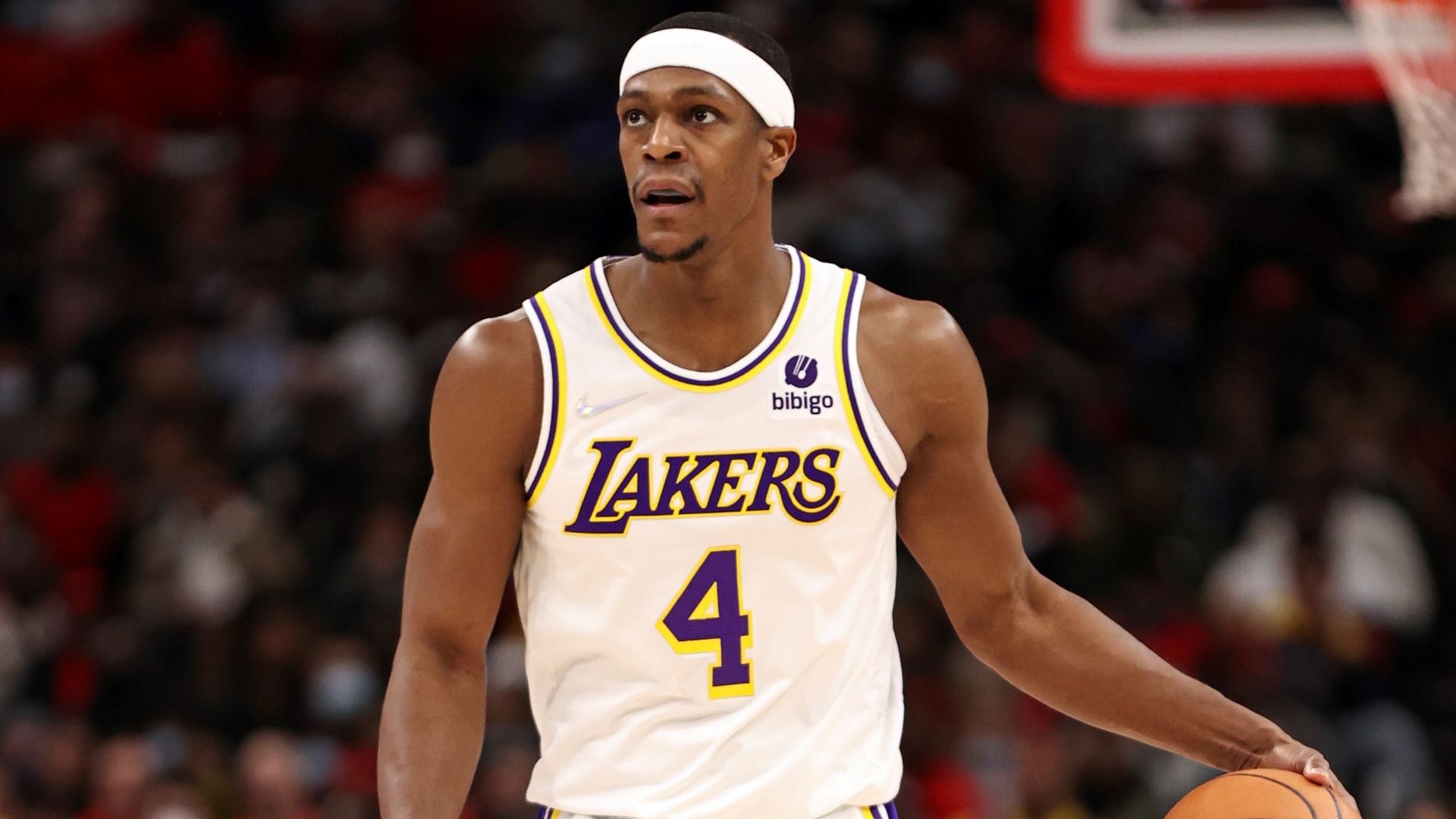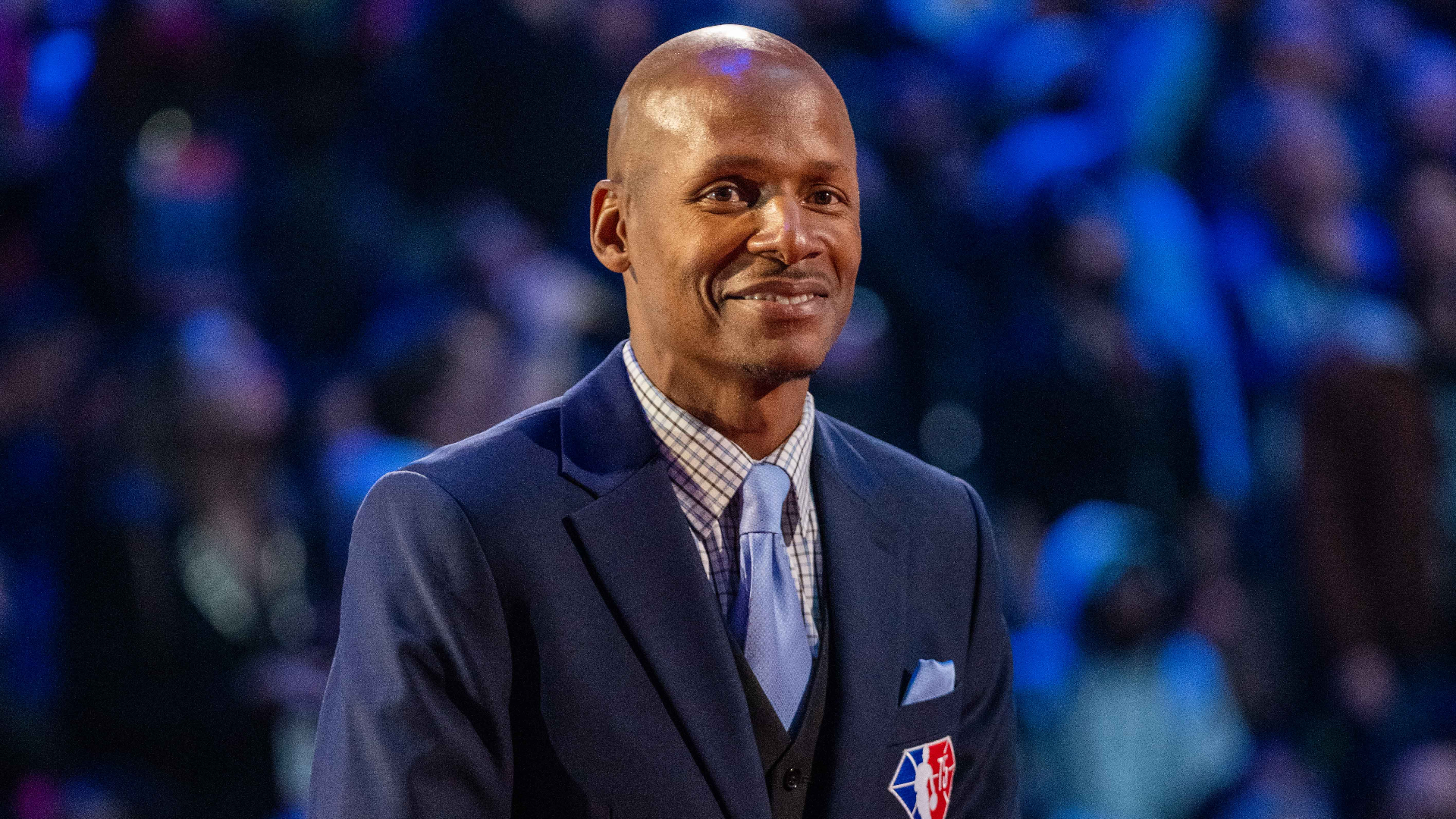The Celtics' blockbuster trade with the Nets in the summer of 2013 clearly signaled a rebuild for Boston, which shipped its two biggest stars, Paul Pierce and Kevin Garnett, to Brooklyn for a heavy package of draft picks and several spare parts.
But even Danny Ainge, who pulled the trigger as Boston's president of basketball operations, probably didn't envision the wide-ranging, long-term implications of the move, which expedited the Celtics' roster renovation and effectively laid the groundwork for the franchise's next core.
Basically, Pierce and Garnett held the door open for Jaylen Brown and Jayson Tatum.
Of course, it wasn't quite that simple. Brown was just 16 at the time. Tatum 15. The two had yet to graduate high school, let alone make names for themselves at the collegiate level with California and Duke, respectively. It would've been impossible to predict that Boston would land the former with the No. 3 pick in the 2016 NBA Draft and the latter with the same selection one year later. And the chances of both players blossoming into All-Stars? Improbable, to say the least.
"I don't think anyone really knew what the value of those picks were going to be," Brad Stevens, now the Celtics' president of basketball operations after eight seasons as Boston's head coach (2013-21), said back in 2018. "Nobody could have guessed that at that time. Certainly would've never guessed that they were what they were. When that trade was made, for every reason, Brooklyn was stacked and it looked like they were going to go on a run that year and multiple years."
The Celtics landed three first-round picks (2014, 2016, 2018) plus a pick swap (2017) as part of the 2013 trade, which also sent Jason Terry and D.J. White to Brooklyn and brought Gerald Wallace, Kris Humphries, MarShon Brooks, Kris Joseph and Keith Bogans to Boston.
Pierce and Garnett were no spring chickens, with The Truth entering his age-36 season and The Big Ticket already 37. But the Nets were committed to going all-in, whereas the Celtics clearly felt their championship window had closed five years removed from their 2008 NBA Finals victory over the Los Angeles Lakers. And Boston thus struck while the iron was hot, turning its depreciating assets into several lottery tickets that ultimately resulted in a windfall thanks to Brooklyn's subsequent futility.
The Nets went 44-38 in 2013-14, losing in the Eastern Conference semifinals to the Miami Heat. The Celtics, meanwhile, went 25-57 in their first season under Stevens, who replaced Doc Rivers, and selected Marcus Smart -- another eventual franchise pillar -- with the sixth overall pick in the 2014 NBA Draft.
From there, the two organizations went in completely opposite directions, with Brooklyn -- not Boston -- soon being the team to bottom out, while the C's played inspired basketball behind Stevens, Smart and 2015 trade deadline acquisition Isaiah Thomas, among others.
Sure, the Celtics bricked their first opportunity to cash in on the Nets draft capital, choosing James Young with the 17th overall pick in 2014. But Brooklyn went 21-61 in 2015-16 and 20-62 in 2016-17, paving the way for Boston to draft Brown and Tatum, with the latter development being an especially impressive stroke of genius.
The Celtics traded the No. 1 overall pick in 2017 -- the prize for their clever pick swap with the Nets -- to the Philadelphia 76ers for the No. 3 pick and a future first-rounder. The Sixers drafted Markelle Fultz and the Lakers drafted Lonzo Ball before the Celtics gladly snatched up Tatum.
"Could I ever imagine? No," Bobby Marks, the Nets' assistant general manager at the time of the 2013 heist, said last year during an ESPN appearance. "Could I have imagined it would turn into Jayson Tatum and Jaylen Brown, and I think if it wasn't Boston, those picks were going somewhere. I think we were so aggressive as a front office back then, that some other team would have probably gotten multiple unprotected first-round picks here."
It wasn't all smooth sailing for the Celtics in the years that followed the 2013 trade, as neither the Gordon Hayward signing nor the Kyrie Irving trade worked out. And Kemba Walker, while a consummate professional loaded with talent, proved an awkward fit, as well, due in large to injuries. But Boston more or less had one bad season in the immediate aftermath of the Brooklyn deal and then bounced back, first with a pesky, overachieving roster and then as a legitimate title contender.
It's hard to imagine the transition away from the Pierce/Garnett-led core would've been as quick and as relatively painless had it not been for the Celtics fleecing the Nets in July 2013.

